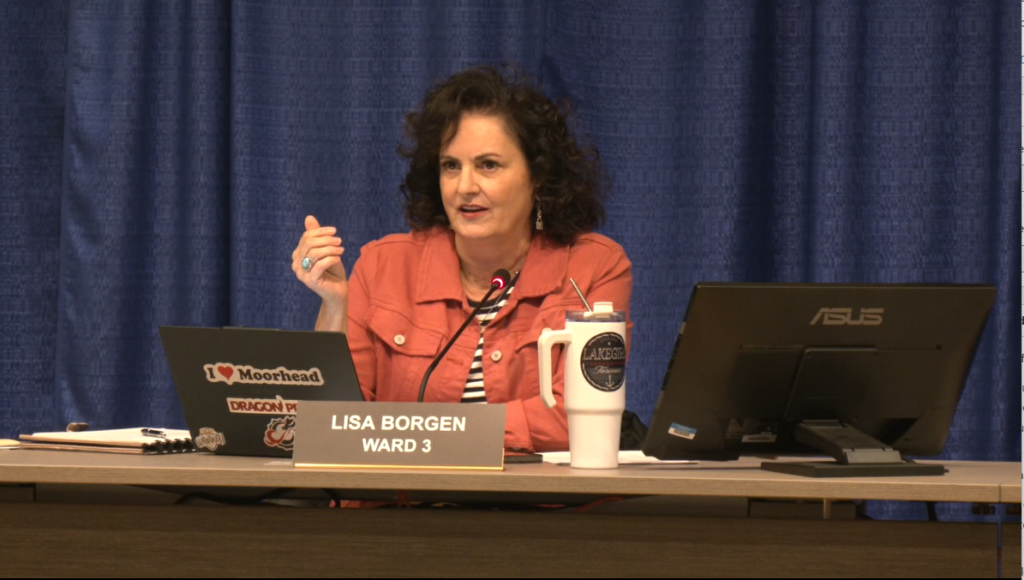Are You Guilty of Phubbing?
Sorry, this video is no longer available
According to Pew Research Center, 90 percent of American adults own a cell phone. And many of them are guilty of a new form of snubbing.
Cell phone use has become so popular that it’s starting to get in the way of personal relationships.
We’ve all experienced this. You’re trying to have a conversation with someone but their eyes are glued to their smartphone.
“I tend to get at them and be like ‘Hey, can you put that away?” says NDSU Sophomore Daniel Nersten.
In fact, it’s frustrated so many that a term has been created to describe it… “phubbing.”
It’s the practice of looking at your phone in a social situation instead of giving someone your full attention.
“I usually tend to get at my friends more than myself when they do it and I guess I feel a little more uncomfortable when they’re doing it because I’m not in control,” says Nersten.
Technology was in part developed to improve communication. But the only relationship that phubbing helps is the one with your phone.
Several NDSU students have been phubbed, or phone snubbed.
“My friends have done it,” Nersten explains.
Or even worse, have been guilty of it themselves.
“Sometimes if my phone is just on vibrate and I get a text, I really have the urge to check it and I think that’s probably pretty common for a lot of people,” says NDSU Freshman Sarah Ormson.
In order to prevent this, experts say you have to break the bond with your phone.
“Use your phone wisely. You wouldn’t want it to cost you relationships with people that you’re actually with,” Ormson says.
So next time you find yourself staring at your screen, look up and put your phone down and get back in the conversation.
“Leave your phone, like, in your pocket,” says Nersten.
Around 70 percent of cell phone owners check their devices even when they aren’t receiving a call or message.






